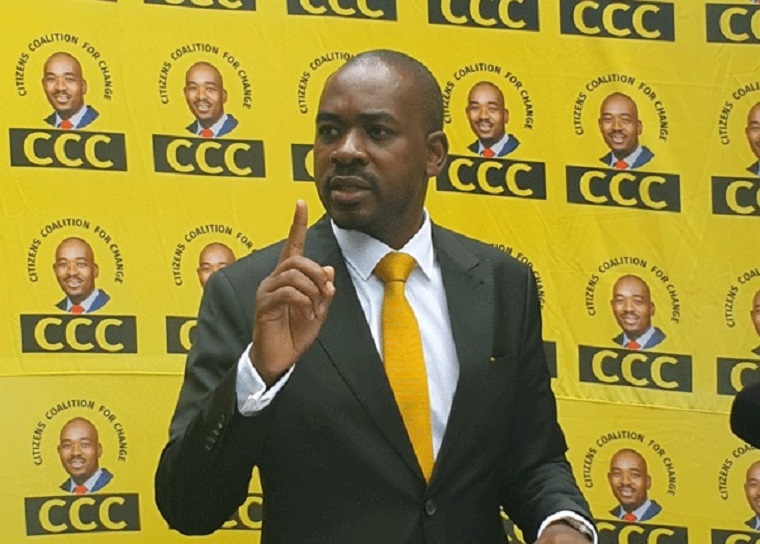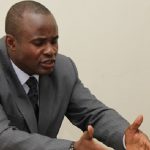 Polls on next month’s elections in Zimbabwe, now 24 days away, have been inconclusive. One gave President Emmerson Mnangagwa victory but by a narrow margin that would necessitate a run-off with his closest rival Nelson Chamisa of the Citizens Coalition for Change. Another gave Chamisa an outright victory over Mnangagwa but it had one proviso – the elections had to be free and fair. But Chamisa has made so many blunders already that some people are saying he sold out to ZANU-PF.
Polls on next month’s elections in Zimbabwe, now 24 days away, have been inconclusive. One gave President Emmerson Mnangagwa victory but by a narrow margin that would necessitate a run-off with his closest rival Nelson Chamisa of the Citizens Coalition for Change. Another gave Chamisa an outright victory over Mnangagwa but it had one proviso – the elections had to be free and fair. But Chamisa has made so many blunders already that some people are saying he sold out to ZANU-PF.
Chamisa continues to hang on by the thread but even if things were normal, history does not favour the opposition because the opposition in Zimbabwe has never performed well in any two consecutive elections, right down from the independence elections of 1980.
At independence, Zimbabwe had 100 seats in Parliament, 80 for blacks and 20 reserved for whites. Prime Minister Robert Mugabe’s ZANU-PF won 57 of the 80 seats- more than a two-thirds majority- with former Vice-President Joshua Nkomo’s ZAPU winning 20 and former Rhodesia-Zimbabwe Prime Minister Abel Muzorewa’s United African National Council walking away with only three seats.
Five years later, Muzorewa was out of the picture. He was replaced by Ndabaningi Sithole’s ZANU-Ndonga which won one seat. ZAPU was down to 15 seats and ZANU-PF increased its tally to 64.
With the unity between ZANU-PF and ZAPU in 1987 and the abolishment of the white reserved seats, the new ZANU-PF won 117 of the 120 seats now in Parliament. ZANU-Ndonga retained its one seat and the newly formed Zimbabwe Unity Movement led by former ZANU-PF secretary-general Edgar Tekere walked away with only two seats.
In 1995, ZUM was wiped out of the picture, ZANU-Ndonga won two seats and ZANU-PF increased its tally to 118 though it later lost one seat after an election result challenge.
Real political contests started in 2000 after the formation of the Movement for Democratic Change led by Morgan Tsvangirai, a former trade unionist who had been raised in the structures of ZANU-PF before turning into full-time trade unionism.
The party, that was less than a year old at the 2000 elections nearly pipped ZANU-PF winning 57 of the 120 contested seats. ZANU-PF got 62 while ZANU-Ndonga won one. But five years later, despite campaigning on what it termed the “final push”, the MDC was down to 41 seats, ZANU-PF up won 78 and there was one independent.
The tables were turned three years later with the MDC winning the 2008 elections. The party had, however, split after the 2005 elections with one faction led by Morgan Tsvangirai and the other led by Arthur Mutambara though the power behind the throne was Welshman Ncube.
Tsvangirai’s party won 100 seats in 2008, Mutambara’s 10 seats, ZANU-PF 99 and one seat went to an independent.
Continued next page
(203 VIEWS)

